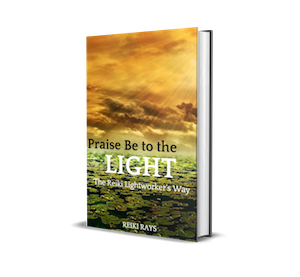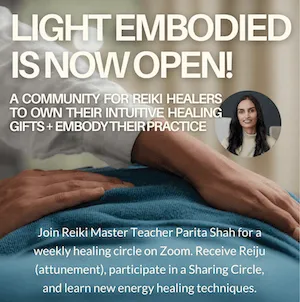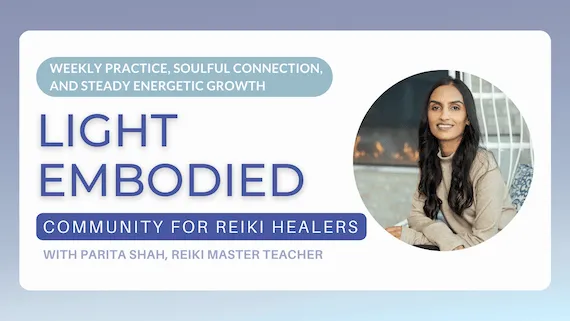Article by Deborah Lloyd, Reiki Master
The newest addiction to hit my country is the opioid addiction. Day after day, hospital emergency rooms and county morgues are filled with people who have succumbed to its terrible effects. The misuse of these drugs affects my everyday work life too. In our hospice work, many of our patients are prescribed these same opioids – to tamper excruciating pain from cancer and other debilitating diseases. My team works with patients and families to keep these medications safe and available for patient use – not to be stolen, used by family members or friends, or sold on the streets for profit.
Drug addiction, in the broader sense of the term, also includes alcohol and tobacco use. Then, there are gambling, shopping, computer gaming, and many other addictions – the list goes on. Addiction refers to a state of being enslaved, physically and psychologically, to a habit or practice that produces negative results. In the early stages of addiction, a psychological need is being met, in unhealthy ways. The rush of a drug, or excitement of winning a jackpot, can give relief from sad feelings, or low self-esteem. It seems like a quick fix, but certainly can cause long-term problems.
Reiki’s unique qualities can assist in decreasing, and eventually, ending harmful addictions. The Sei He Ki symbol targets mental and emotional healing. These psychological components are the underlying source of all addictions. Because Reiki always goes to the root of a problem, these issues have to be healed, in order for addictions to end. Any staff person in a recovery problem will testify the habit can be stopped, but if the person does not deal with the underlying issues that manifested into an addiction, return to the addiction is highly likely.
Another effect of addictions is the guilt and shame people feel. They may have lost close family relationships and financial security. While they “knew better” than to get involved in addictive behaviors, they made choices to go down that path. A great deal of healing is required to release guilt and shame, and to build self-esteem and self-love. The loving acceptance of the Reiki practitioner can become a safe haven for the person fighting an addiction. The approach is always one of kindness and compassion – and non-judgment. The practitioner is a good listener and provides unconditional regard for the client.
Sometimes, this level of acceptance is a brand new experience for the client. They may have never experienced the unconditional love of a parent, or never felt non-judgment from anyone in their lives. Sometimes, people with addictions had a stable childhood but years spent in a rebellious lifestyle created such strong feelings of unworthiness, a welcoming energy healing facilitator changes the course of poor decision-making. The non-judgmental tone is a much-needed gift in their lives.
The gifts of Reiki energy encompasses everything a person struggling with addiction needs. The person is shown a path to healing and wholeness. As each aspect of mind, body and spirit healing occurs, the client is given hope and support. The addiction can be eliminated, and life can be positive again. Let us always be open to bringing healing energies to anyone who seeks a better life.
Free eBook download: We’ve created an eBook with our best articles on this topic, and offer it for free to all our newsletter subscribers.


Deborah Lloyd is a Usui and Karuna Reiki® Master and certified holistic therapy practitioner, providing Distant Reiki sessions and training in Asheville, NC. Deborah is the author of two books, 22 Messages from the Archangels; and, Believe and it is True: A Story of Healing and Life Lessons. She is also one of the co-authors of Reiki 101: 101 Answers for Your Reiki Questions. Reach Deborah at [email protected] and on Facebook at Deb Lloyd Healing.





Leave a Reply